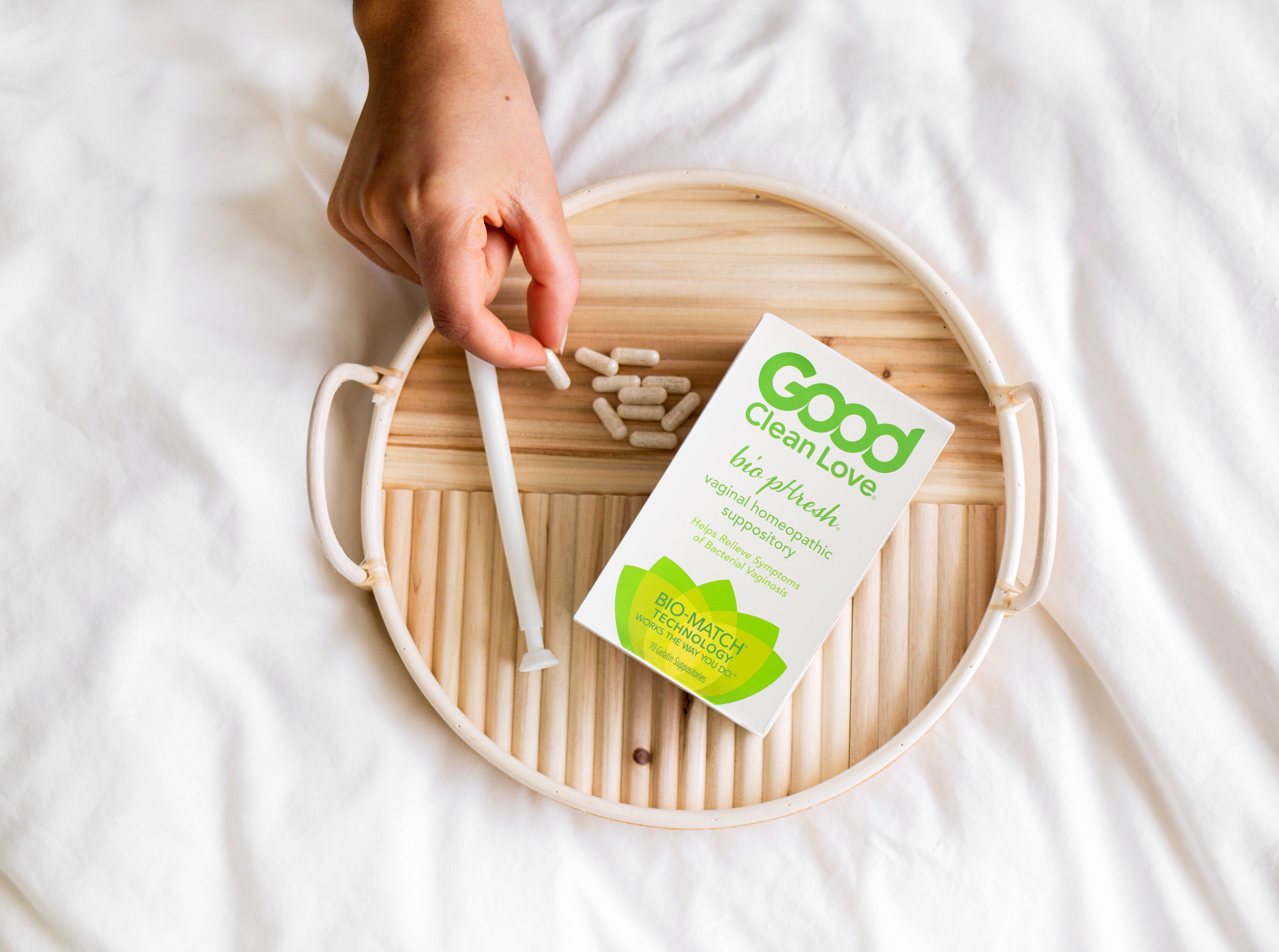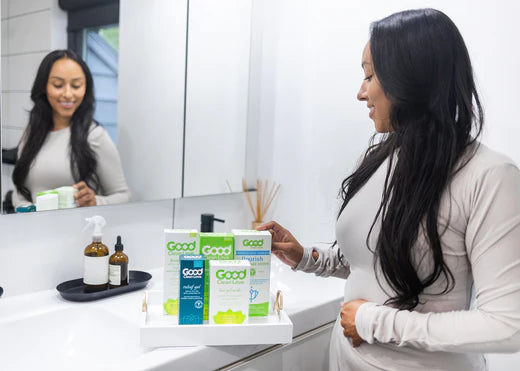Most of us are risk averse when it comes to matters of the heart. This is why so many things that need to be shared are never uttered. It also explains why so many relationships expire long before the work is done. Staying intimately connected is only possible through the work of being emotionally courageous. Perhaps the truest thing we can say about courage is that it is the ability to live well with all of the risks that come with being alive.
Everyone experiences fear, that is a basic element of what it means to be human, but how we choose to work with our fears is what most clearly defines our life and our relationships. I have always believed that most of what makes up loving is skill based, which means that if you practice you can get better at it. This is also true for our ability to be courageous.
“Perhaps the truest thing we can say about courage is that it is the ability to live well with all of the risks that come with being alive.”
The practice of courage is made up of a composite of four different capacities that support each other’s development and carry us along through time. Often they are thought of as personal attributes, except most of us aren’t just born with any of them, and they become part of our character because we intentionally work to strengthen and develop them like a good habit. Learning to identify moments when each is required and choosing to practice it is how lasting and fulfilling relationships are sustained one day at a time.
Vulnerability
Courage starts with a capacity for vulnerability. Being willing to open our hearts to the people we love and say the things that we need to be heard takes practice and bears great rewards. Too often and for too long, vulnerability has been misinterpreted as a kind of weakness instead of understanding it as cultivating the power that comes from expressing our most raw and authentic self. Being vulnerable is teaching yourself what it means to be present with reality as it is and having the heart to show up for it.
Trust
One of the most immediate gifts of coming towards life with our vulnerable heart is the way that it builds our ability to trust ourselves. Real trust begins within us, believing in our own experience and choosing the quality of our thought process. Individuals without a degree of self trust not only have trouble trusting others, but also of being trustworthy.
Developing trust with ourselves begins with the smallest of choices. Pausing to consider the consequences of how we are about to interact and then choosing to reflect our best intentions expands our ability to be courageous with our time and attention.
Resilience
By developing our capacity for showing up authentically and trusting ourselves to the moment we discover how courage actually becomes a form of resilience. As we become increasingly capable to show up with heart and we are dependable with our own needs, we become resilient which is the skill that allows you to work with life as it is. Even when we don’t get what we want, we can take what we do get and work with it.
Likewise, when we get what we believed we wanted, but it turns out not to be what we expected, resilience gives us the courage to reexamine our own desire realistically to see why its realization is unsatisfying. In any life circumstances, resilient people don’t give up on their own capacity for relationship and desire. They know that if one thing doesn’t work, something else will.
Persistence
The courage to work on things translates into persistence, which is the skill set that makes courageous choices possible over a lifetime. Persistence is what resilience looks like when things are really hard and troubling. We have the ability to be vulnerable, to trust ourselves, and to work with what is happening. That way, we know that quitting is not really an option. Cultivating the ability to come back again and again, to the pain and the trouble, is what courage looks like when things are most difficult.
One could argue that persistence is the most difficult attribute of courage to develop. It requires strong discipline, and it also depends on the support of the three other attributes. When things don’t seem to be going well, pulling ourselves up again and again, telling ourselves that we’re worth the effort, takes resilience, trust that things will work out, and a willingness to stay vulnerable. But persistence is essential to being courageous – it’s not courage if you just do something brave one time, one day; it’s only courage if you do it persistently.
Lasting relationships are constructed of action verbs. It’s about what we do with our emotions, not what they do to us. The practice of emotional courage is a set of habits that become our character over time. And living a courageous life with people you love is the path to not only discovering but living inside of your heart’s desire.














